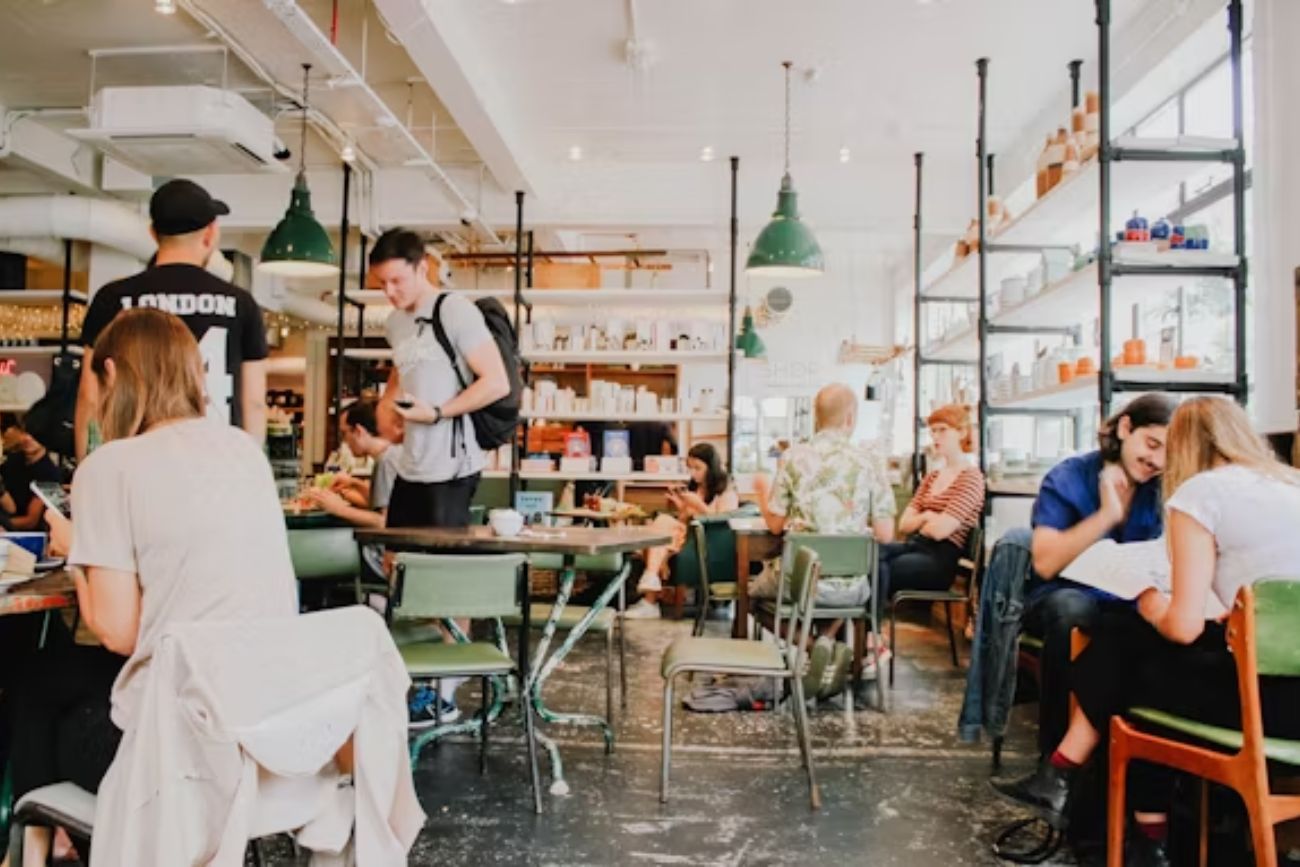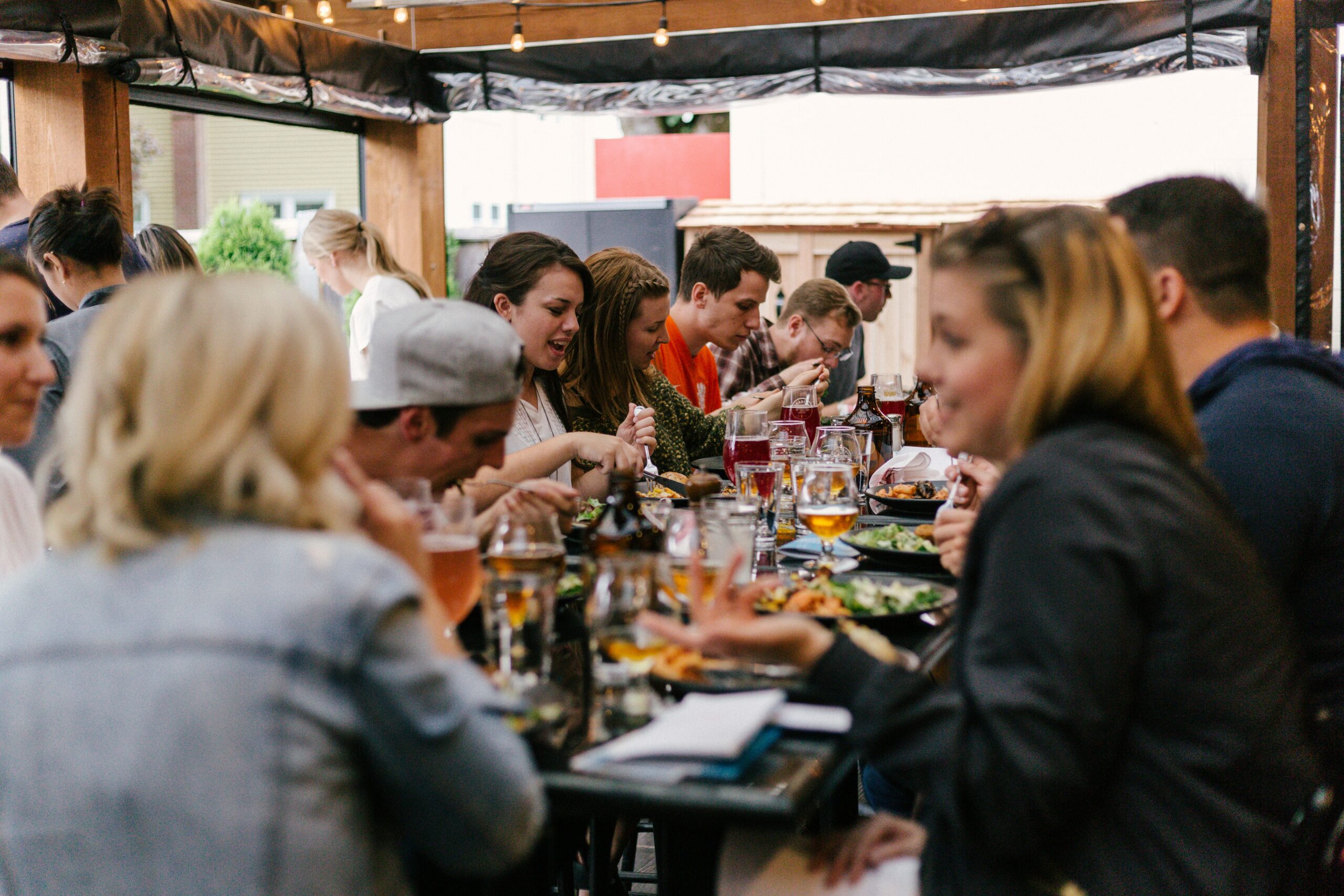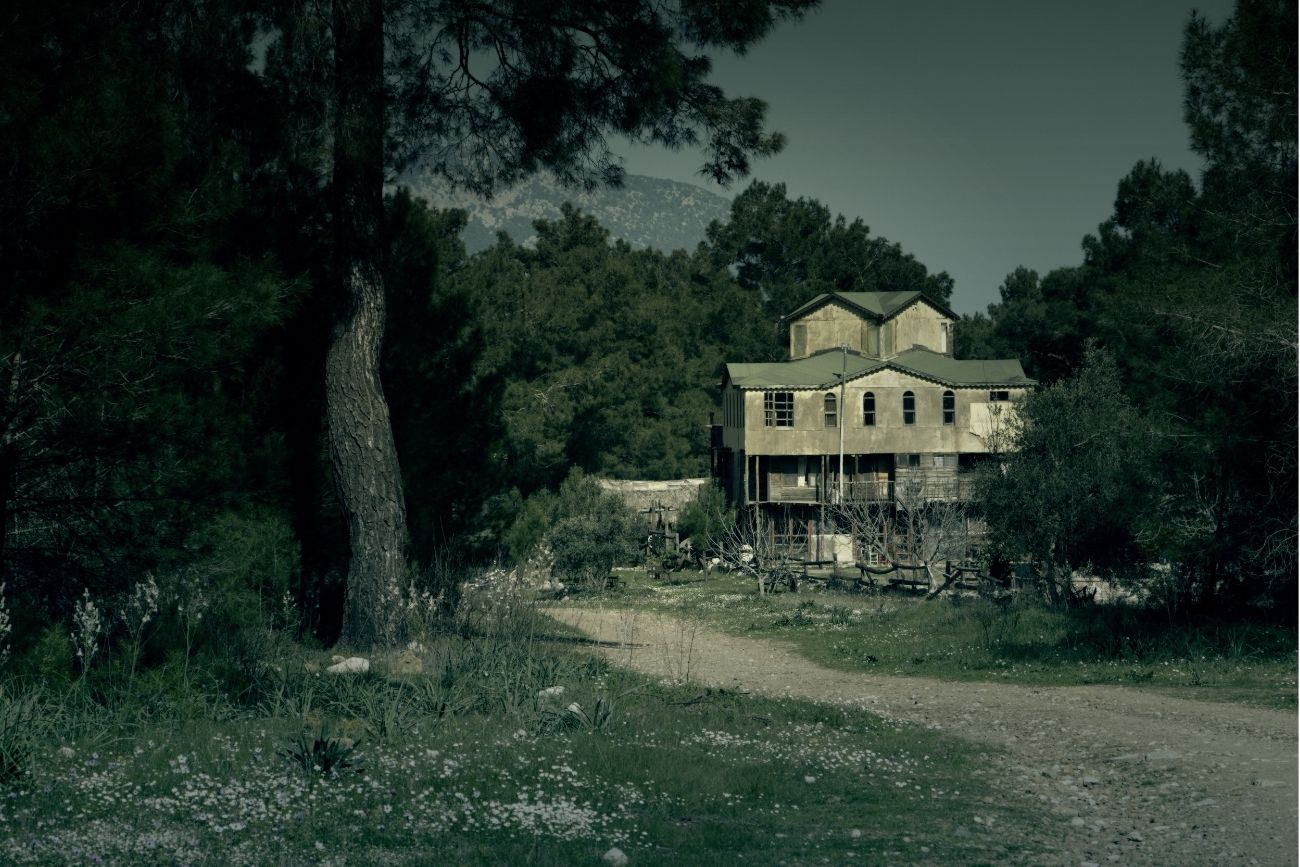
21 Essential Colombian Spanish Phrases for Social Interactions
If you’re learning Spanish and want to take your skills to a more authentic level, mastering Colombian Spanish phrases is a crucial step. Colombian Spanish is known for its clarity, but it also has a unique set of expressions and idioms that will help you blend better into casual conversations. In this article, we’ll explore 21 essential Colombian Spanish phrases that will allow you to understand and speak like a local. Additionally, we’ll introduce Colombian Spanish Stories for Beginners, a book designed to immerse you in the language through fascinating stories.
Key Colombian Spanish Phrases for Everyday Conversations
These phrases are commonly used in casual interactions and are essential for starting conversations and sounding natural with native speakers.
1. ¿Qué más?
This is one of the most common greetings in Colombia. Instead of simply saying “How are you?”, Colombians prefer a more informal greeting like “¿Qué más?” which literally translates to “What else?”. It’s a perfect icebreaker.
- Example:
— ¿Qué más, Carlos?
— All good, and you?
2. Mano
“Mano” is a shortened version of “hermano” (brother) and is used informally to refer to a close friend. Similar to “bro” in English.
- Example:
— What’s up, mano? How’s it going?
3. Chévere
This word is synonymous with “cool” or “fantastic.” It’s very common across Colombia and is essential for expressing approval or enthusiasm.
- Example:
— Did you like the concert?
— Yeah, it was chévere!

Popular Colombian Spanish Phrases for Social Interactions
In this section, you’ll find common Colombian Spanish phrases that describe situations, objects, or attitudes—perfect for everyday use.
4. Paila
This word is used to describe an unfortunate situation or when something didn’t turn out as expected.
- Example:
— I missed the train.
— Paila!
5. Vaina
“Vaina” is a catch-all word that can mean “thing” or “stuff.” It’s used when you don’t want or need to be specific.
- Example:
— Can you hand me that vaina over there?
6. Bacanería
Describes something that is very cool or a person who is especially kind and fun.
- Example:
— The food at that place was a bacanería.
7. Jartera
If something bores you or seems annoying, you can say it’s a “jartera.”
- Example:
— Waiting in line at the bank is such a jartera.
8. Chimba
A colloquial word with various meanings. It can mean something amazing or have a negative tone depending on the context.
- Example:
— That concert was a chimba!
9. Berraquera
Describes someone who is brave or strong. It’s a big compliment in Colombian culture.
- Example:
— My mom is a berraquera, she always pushes through.
Ready to master Colombian Spanish and impress native speakers?
Useful Colombian Spanish Expressions for Work and Everyday Conversations
These words will be useful when talking about work, money, or effort, helping you navigate daily conversations more smoothly.
10. Camellar
Means working hard or putting effort into a task. It’s commonly used in work settings.
- Example:
— I’ve had to camellar a lot this week.
11. Luca
A colloquial term to refer to a thousand Colombian pesos.
- Example:
— That shirt costs twenty lucas.
Must-Know Colombian Spanish Slang for Socializing
Here you’ll find vocabulary perfect for talking about social activities, parties, and informal get-togethers with friends.
12. Parcharse
Means “to chill” or “hang out” with friends, and it’s very common among young Colombians.
- Example:
— We’re going to parch at my place after work.
13. Rumbear
A key word for enjoying nightlife in Colombia, it means going out to party or dance.
- Example:
— Let’s go rumbear on Saturday night.
14. Pola
This is how Colombians colloquially refer to a beer.
- Example:
— After work, let’s grab some polas.
15. Guaro
A shorthand for “aguardiente,” a traditional alcoholic beverage in Colombia. It’s common at parties and celebrations.
- Example:
— Let’s bring a bottle of guaro to the party.
16. Hacer una vaca
This expression is used when a group of people pitches in money to buy something, usually food or drinks for a gathering.
- Example:
— Let’s do a vaca to buy beers for the game.

Common Colombian Spanish Phrases for Family and Daily Life
These are common Colombian Spanish phrases used in family settings or to refer to daily life situations.
17. Chino
In Colombia, “chino” means “kid” or “child.” It’s a very common word in daily conversation.
- Example:
— That chino never stops running around the house.
18. Tinto
If someone offers you a “tinto,” they’re offering you black coffee, not wine. Coffee is a fundamental part of Colombian culture.
- Example:
— Give me a tinto, please, I need to wake up.
19. Cucho/Cucha
Colloquial words used to refer to your parents or older people in general. They’re not offensive if used affectionately.
- Example:
— I’m visiting my cuchos this weekend.
Colombian Spanish Expressions for Extra Service or Kind Gestures
This last section teaches you a word used when you receive a little extra for free, often as a kind gesture from vendors.
20. Ñapa
If you buy something and get a little extra without any extra charge, that’s a “ñapa.” It’s a friendly gesture from the vendor.
- Example:
— I bought strawberries, and the vendor gave me a ñapa.
Master Common Colombian Spanish Phrases with “Colombian Spanish Stories for Beginners”
Now that you’ve learned 21 essential Colombian Spanish phrases, you can start using them in your daily interactions. But if you want to take it a step further, we highly recommend Colombian Spanish Stories for Beginners. This book is designed for beginners who want to improve their Spanish through short, engaging stories filled with Colombian Spanish idioms and cultural insights.
Ready to master Colombian Spanish and impress native speakers?






